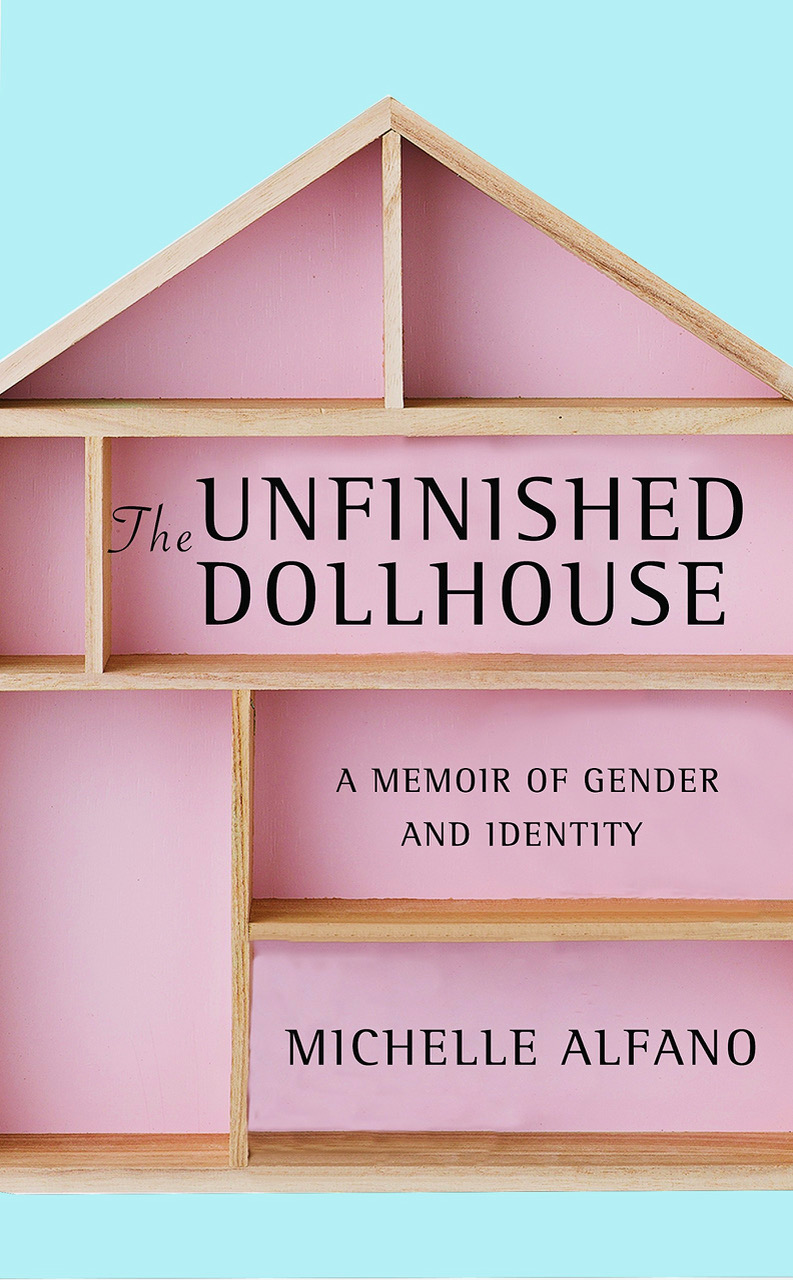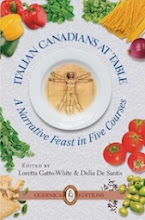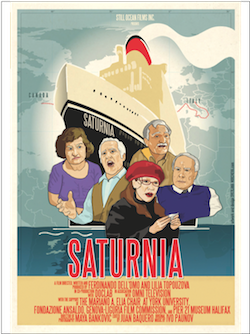 "Like all alcoholics, I worshiped at the shrine of my own heart."
"Like all alcoholics, I worshiped at the shrine of my own heart."Note Found in a Bottle: My Life as a Drinker by Susan Cheever (Simon & Schuster, 1999)
How does a young girl of privilege handle being the daughter of John Cheever, a tremendously successful but alcoholic father who was dubbed "the Chekhov of the suburbs"? Not very well it seems. The memoir revolves around Susan Cheever's addiction to alcohol and how it manifests itself in her life.
Susan Cheever has lead an interesting and varied life which she appears to give short shrift to. Is this the natural consequence of being the offspring of John Cheever? Or because she suffers from guilt regarding having lead a privileged life? The anecdotes are models of brevity and efficiency. In one way, she left me wanting more as a reader. On the other hand, is she avoiding the emotional meaning of certain unsettling incidents in her past?
She paints an idyllic early life in a 1950s New York suburbia with elegantly dressed guests of her parents drinking carefully prepared cocktails (indeed she starts the memoir with a recollection that her grandmother taught her how to make a dry martini as a young girl). This smoothly segues to first loves and an ivy league university crowd where drinking accompanies everything - fighting, fucking, living. She appears to have a photographic memory regarding what she drank with whom. Perhaps this is not unusual for a recovering alcoholic.
Here and at her family home people often drink to excess, fight, hurt themselves or each other and it passes unnoticed by most as a natural consequence of drinking. But her father's drinking drives away at least one wealthy suitor for Susan who beats a hasty retreat after being drunkenly driven home by the elder Cheever through Manhattan. John Cheever's alcoholic excesses are quietly and undramatically noted.
Although she went to the tony Brown University (she aspired to Harvard) she spends time in the South to help get the Southern black population signed up to vote in the mid 1960s. She is inspired by a friend, there at another juncture, who is murdered by a segregationist. Manipulated and exploited because of her youth and ignorance (and likely her liberal white guilt), she escapes back into her world of privilege after a few harrowing narrow escapes, where she marries the upper crust Robert.
Robert, too, likes his drink, often falling asleep at social gatherings (again unremarked on) and soon resorting to slapping around his new bride in their new home, a beautiful if fading mansion on the Hudson River that they inhabit at the largess of wealthy friends for a nominal fee. Here Cheever excels describing Beechwood, the Vanderlip mansion in Scarborough-on-Hudson, which then still held the beautiful attire and elegant possessions of its elderly mistress, now dead. This is Cheever's world and she knows it intimately sharing all its gorgeous if anachronistic glory replete with ballgowns, ghosts and decaying grandeur.
Painfully, Cheever acknowledges that "domestic violence" as a concept did not exist then. It was, as an older and wiser woman once commented to me, just seen as "life". It is telling, somehow, that she spends very little time talking about that violence.
Unhappy and restless, the couple eventually settles in Westchester county outside of New York and then to San Francisco. They are no longer the promising golden couple she feels but a couple of has beens: he, the unpublished writer, she, the resentful wife of a "failure" who is now compelled to work to keep them afloat financially. To her surprise she becomes, and enjoys, being a reporter. But as her interest in her job increases, her interest in her husband declines and she enters into the first of many affairs and marriages (three to be exact).
It is not until Susan is pregnant with her daughter Sarah that she gives up drinking. She talks candidly about the transformative power of that birth. This from a woman who said, almost inconceivably, when 9 months pregnant, I will never change a diaper but hire someone else to do it. It is a momentous year: Sarah is born, Susan's father dies, she changes her life somewhat in giving up alcohol for a time.
But the sobriety does not last even though her love for her child has given her a new focus - there is something painful and strange about this woman who at this time can sleep with three men simultaneously: her current husband, a past lover and a new lover ... does the alcohol smother the pain of this sort of dysfunction or merely loosen her inhibitions?
Cheever name drops subtly and effectively throughout: meeting the writer Robert Graves in France; her on-going love affair with left wing firebrand Warren Hinckle (who later becomes husband number 3) and writer Calvin Tomkins (husband number 2); sending a box of dog excrement to the writer William Styron because of his poor review of a book written by a friend; staying at Julia Child's house in France; dining with Didion and Dunne in L.A. after her first book is optioned by Hollywood; morning sickness at Les Deux Magots in Paris; interviewing Francis Ford Coppola; being edited by Nan Talese. It is enough to arouse your interest but not annoy.
There is an understated WASPy elegance (or is it a WASPy arrogance?) to her references: she expects you to know who Warren Hinckle is or what sort of literary history Les Deux Magots holds for readers. But I must say that I was riveted to the story to the every end.
Susan Cheever seems to have finally found peace (and God) at the end of a very long, very interesting road.










No comments:
Post a Comment